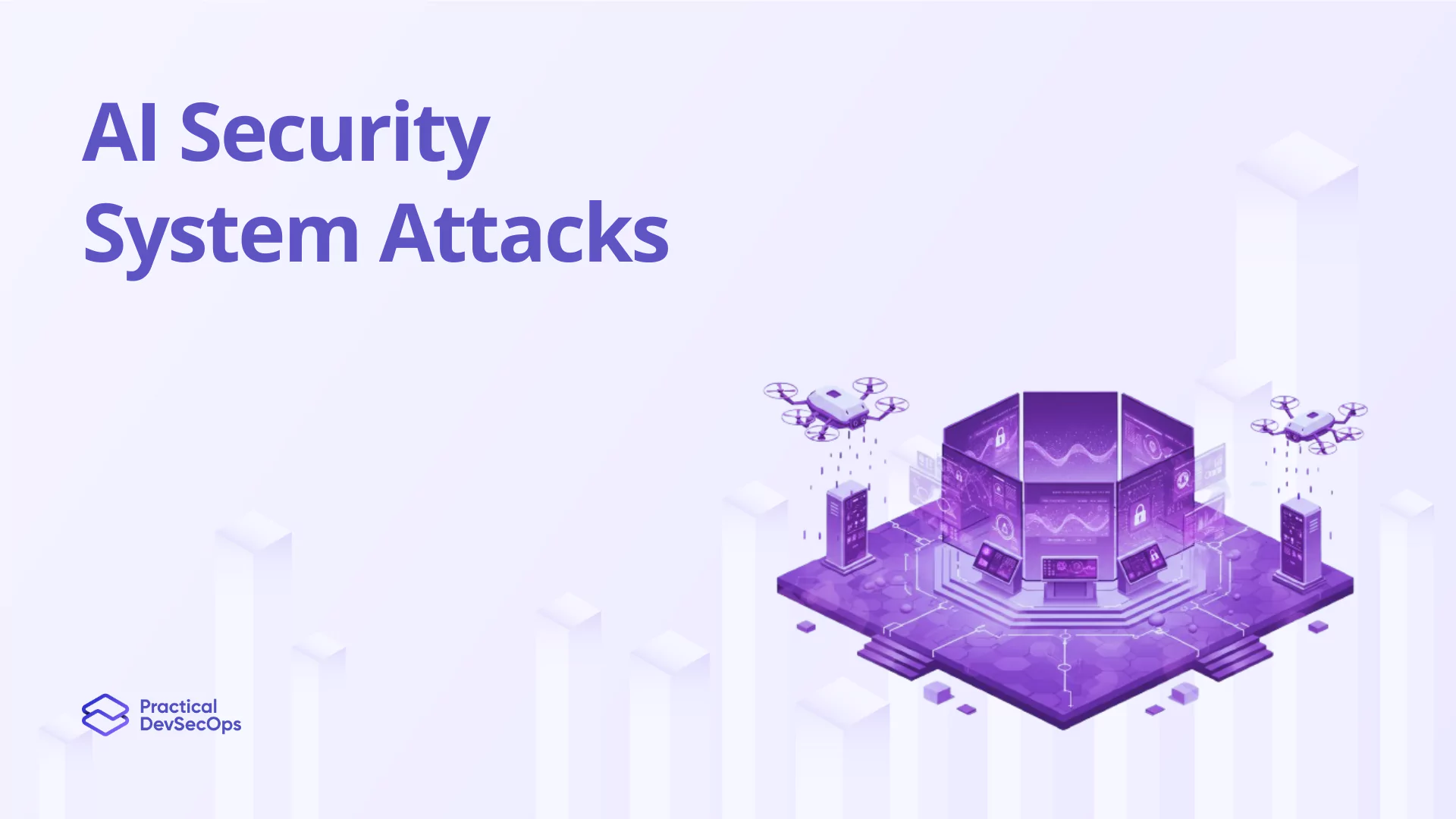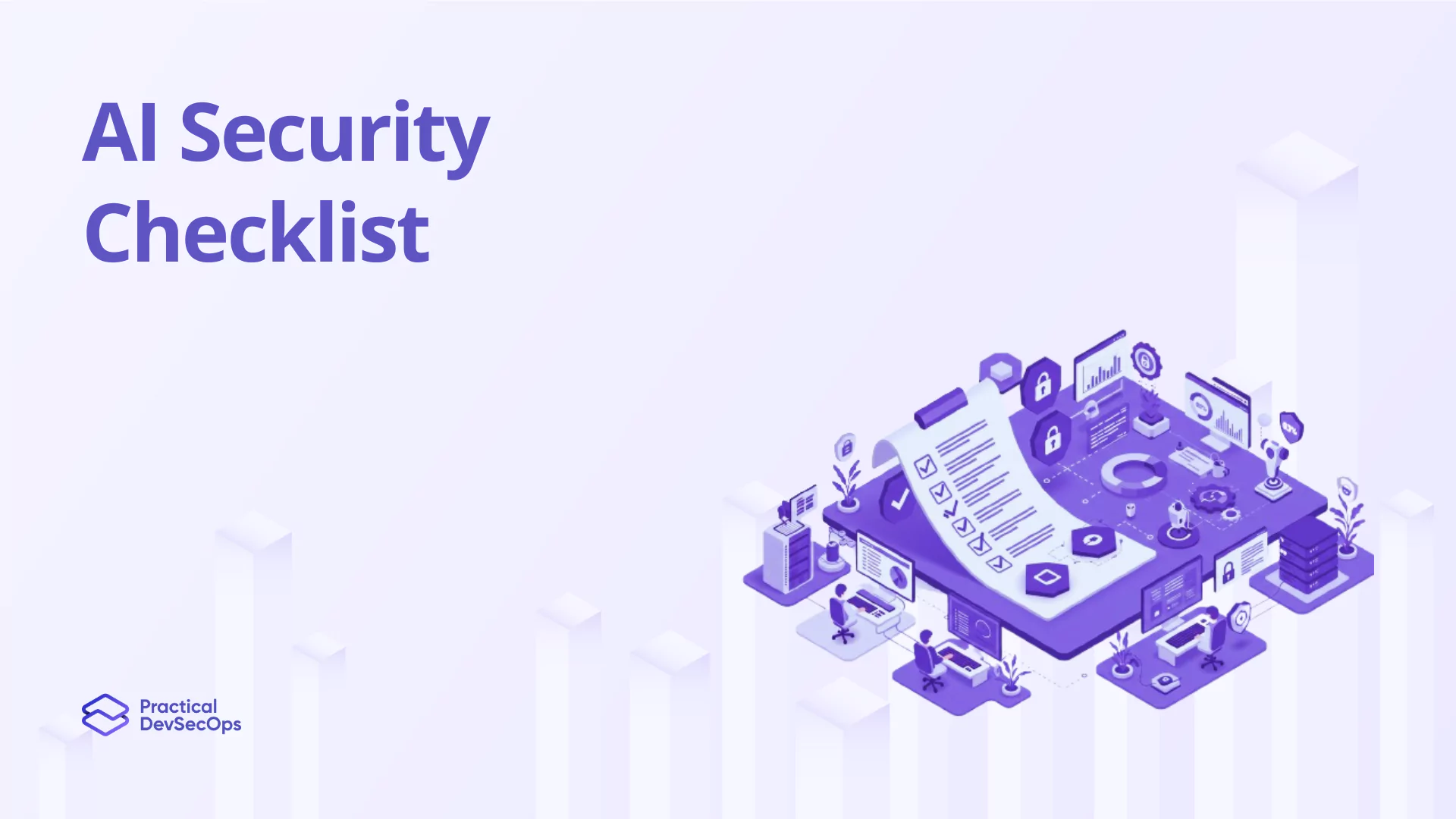In the digital age, securing the software supply chain has never been more critical. As organizations increasingly rely on third-party components and open-source software to build their products, the risks associated with compromised supply chains have skyrocketed.
High-profile cyberattacks, such as those on SolarWinds and Kaseya, have underscored the vulnerabilities within these chains and the dire need for robust security measures.
The software supply chain security platform market has emerged as a vital solution to these growing threats.
With a projected market valuation of $12.6 billion in 2023 and expectations of substantial growth through 2031, this market is poised to become a cornerstone of cybersecurity strategies worldwide.
This blog will analyze key manufacturers, current market trends, challenges, opportunities, and the future of the software supply chain security platform market.
Understanding Software Supply Chain Security Platforms
Definition of Software Supply Chain Security Platforms
Software supply chain security platforms are specialized tools designed to protect the integrity, security, and reliability of the software supply chain. These platforms provide comprehensive solutions that monitor, analyze, and secure the entire lifecycle of software—from development through deployment—by identifying and mitigating vulnerabilities within the supply chain.
Importance of These Platforms in Mitigating Risks
The primary goal of these platforms is to safeguard against various risks, such as the introduction of malicious code, dependency hijacking, and the use of compromised third-party components. By providing real-time visibility into the software supply chain, these platforms enable organizations to detect and respond to threats more quickly, ensuring that the software delivered to end-users is secure and trustworthy.
Overview of Components and Functionalities
Typical components of software supply chain security platforms include:
- Dependency Scanning: Tools that identify and assess vulnerabilities in third-party libraries and dependencies.
- Code Integrity Verification: Features that ensure the authenticity and integrity of source code throughout the development process.
- Continuous Monitoring: Real-time monitoring of software artifacts, repositories, and pipelines to detect and respond to threats.
- Compliance Management: Capabilities that help organizations adhere to regulatory requirements and industry standards.
Also read about Software Supply Chain Security Key Incidents
Current Market Landscape
Market Valuation and Growth Projections
As of 2023, the software supply chain security platform market is valued at approximately $12.6 billion. This market is expected to witness robust growth over the next decade, driven by several factors:
- Increasing Cyber Threats: The rise in sophisticated cyberattacks targeting supply chains has heightened the demand for security solutions that can preemptively identify and mitigate these threats.
- Regulatory Pressures: Governments and regulatory bodies worldwide are implementing stringent standards and compliance requirements, pushing organizations to invest in supply chain security.
- Shift to Cloud and Open Source: The widespread adoption of cloud services and open-source software has expanded the attack surface, necessitating more comprehensive security measures.
Key Market Segments
The software supply chain security platform market can be segmented by type and application:
- By Type: The market includes various types of security solutions, such as code scanning tools, dependency management platforms, and integrated security suites.
- By Application: Key application areas include IT and telecom, BFSI (Banking, Financial Services, and Insurance), healthcare, manufacturing, and government sectors.
Geographical Distribution and Regional Trends
- North America: The largest market for software supply chain security platforms, driven by strong regulatory frameworks and high adoption rates of advanced technologies.
- Europe: A rapidly growing market, particularly in response to GDPR and other stringent data protection regulations.
- Asia-Pacific: Expected to see significant growth, fueled by increasing digital transformation initiatives and rising awareness of cybersecurity threats.
Also read about Software Supply Chain Security with Zero Trust
Key Manufacturers in the Software Supply Chain Security Platform Market
Overview of Leading Companies
Several companies are at the forefront of the software supply chain security platform market, each offering unique solutions and capabilities:
- Scribe Security: Known for its comprehensive approach to securing the software development lifecycle, focusing on transparency and traceability.
- Anchore: Specializes in container security and vulnerability management, providing deep insights into software components.
- Cybeats: Offers an integrated security platform that combines monitoring, threat detection, and response capabilities.
- Legit Security: Focuses on securing DevOps environments by automating security checks throughout the development process.
- Cycode: Provides a unified platform for securing source code, infrastructure, and cloud environments against supply chain attacks.
- Chainguard: A leader in software integrity, offering tools that enforce strict security policies across the software supply chain.
- Arnica: Innovates in dependency management and risk assessment, helping organizations mitigate threats from third-party components.
- Codenotary: Specializes in blockchain-based security solutions that ensure the immutability and integrity of software artifacts.
- Contrast Security: Offers real-time application security solutions that integrate seamlessly with development workflows.
- Argon: Focuses on end-to-end software supply chain security, providing visibility and control over every stage of the development process.
- Snyk Limited: Renowned for its developer-first security solutions, Snyk integrates security into the development process, empowering developers to fix vulnerabilities as they code.
- Synopsys, Inc.: A global leader in application security, offering comprehensive tools for testing and securing software across various stages of development.
- Red Hat: Provides open-source solutions with a strong emphasis on security, particularly in cloud-native and containerized environments.
- Google: Leverages its vast expertise in cloud computing and AI to offer advanced security solutions, including its comprehensive supply chain security suite.
Also read Software Supply Chain Security Issues and Countermeasures
Competitive Landscape
Analysis of Key Manufacturer Strengths and Market Strategies
Each of these manufacturers brings unique strengths to the market:
- Scribe Security and Anchore are leaders in integrating security throughout the software lifecycle, providing deep insights and advanced threat detection capabilities.
- Legit Security and Cycode focus on automating security within DevOps, ensuring that security checks are embedded in every stage of development.
- Chainguard and Codenotary emphasize integrity and immutability, leveraging cutting-edge technologies like blockchain to secure software artifacts.
Recent Developments and Innovations
Innovation is a key driver in this market, with companies continually developing new features and capabilities. For instance, Cycode recently launched a tool that integrates AI to predict potential vulnerabilities, while Google has expanded its security suite to include more comprehensive monitoring and incident response capabilities.
Also read Software Supply Chain risks to evaluate and mitigate
Challenges and Opportunities in the Market
Challenges Facing the Software Supply Chain Security Platform Market
- Complexity of Software Supply Chains: The increasing complexity of modern software supply chains, with numerous dependencies and third-party components, makes it challenging to secure every element.
- Evolving Threat Landscape: Cyber threats are continually evolving, requiring security platforms to adapt quickly and effectively to new types of attacks.
- Regulatory Compliance: Keeping up with diverse and changing regulatory requirements across different regions adds another layer of complexity for manufacturers.
Opportunities for Growth
- AI and Automation: The integration of AI and automation into security platforms presents a significant growth opportunity, enabling faster detection and response to threats.
- Emerging Markets: As digital transformation accelerates globally, there is significant potential for growth in emerging markets, where organizations are increasingly recognizing the importance of supply chain security.
- Innovative Solutions: There is ample opportunity for new entrants to introduce innovative solutions that address specific pain points within the software supply chain.
Future Trends and Predictions
Market Forecast
The software supply chain security platform market is expected to experience substantial growth over the next decade, with projections indicating that the market could exceed $30 billion by 2031. This growth will be driven by continued advancements in technology, the increasing importance of cybersecurity, and the expanding digital economy.
Technological Advancements and Their Impact on the Market
- Integration of AI and Machine Learning: These technologies will play a crucial role in enhancing the capabilities of security platforms, enabling predictive analytics and more sophisticated threat detection.
- Blockchain for Integrity: The use of blockchain technology to ensure the immutability of software artifacts is expected to become more widespread, providing an additional layer of security in the supply chain.
Regulatory Influences
- Upcoming Regulations and Standards: Governments and regulatory bodies are increasingly focusing on software supply chain security, with new standards and regulations expected to be introduced. Compliance will be critical for manufacturers and organizations alike.
- Importance of Compliance: Adhering to regulations not only helps organizations avoid penalties but also enhances their overall security posture, making compliance a key factor in market success.
Also read about Role of Software Bill of Materials in Software Supply Chain
Conclusion
The software supply chain security market is rapidly evolving due to increased cyber threats and regulatory demands. Organizations must adopt robust security solutions to protect their software assets and maintain customer trust. By keeping abreast of market trends and technologies, they can enhance their security strategies and ensure long-term success.
Elevate your security skills by enrolling in our Certified Software Supply Chain Security Expert course today and start protecting the organizations’ software assets now!
Frequently Asked Questions
What are software supply chain security platforms?
These platforms provide comprehensive solutions to secure the entire software development lifecycle, from code creation to deployment, managing dependencies, and ensuring compliance.
Why is the software supply chain security platform market growing?
The market is growing due to increasing cyber threats, stricter regulatory compliance requirements, the shift to DevSecOps, and the growing adoption of open-source components.
What are the key functions of software supply chain security platforms?
Key functions include vulnerability management, dependency management, access control, compliance assurance, and continuous monitoring.
What are the emerging trends in the market?
Trends include the integration of AI and machine learning, blockchain for security, the Zero Trust security model, and automated security testing.
What challenges does the market face?
Challenges include the complexity of integration, high costs, and skill gaps in managing and utilizing these platforms.
What is the future outlook for the software supply chain security platform market?
The market is expected to expand into new verticals and regions, with enhanced collaboration and continuous innovation driving the development of more advanced security solutions.
What are the primary security threats addressed by the Software Supply Chain Security Platform market?
The primary threats include malicious code insertion, dependency hijacking, compromised third-party components, and unauthorized access to code repositories. These platforms also tackle vulnerabilities in the software development lifecycle and ensure the integrity of software artifacts.
How does the market growth forecast from 2023 to 2031 compare to previous years?
The market is projected to grow significantly from $12.6 billion in 2023 to over $30 billion by 2031, reflecting a stronger emphasis on cybersecurity and increased regulatory pressures compared to previous years.
What emerging trends are driving growth in the Software Supply Chain Security Platform market?
Key trends include the integration of AI and automation for advanced threat detection, the adoption of blockchain for ensuring software integrity, and the rising demand for compliance with new regulatory standards.







0 Comments